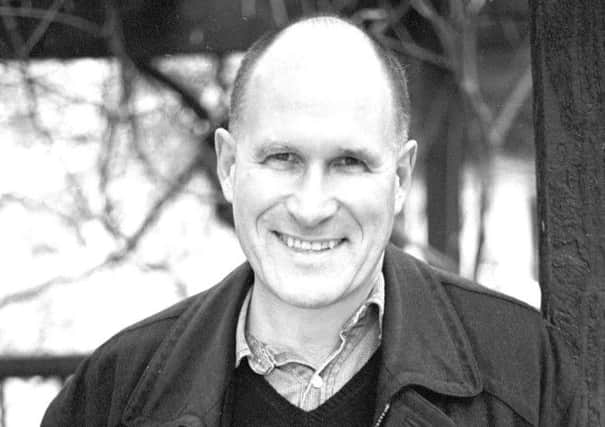Gladiator scriptwriter says he prefers writing novels


He has won a host of awards and been to the Oscars but what he really likes doing is writing novels.
He told his audience at the ‘Book Lovers’ Supper Club’ in Ditchling last Tuesday: “When you read a book you imagine yourself in it - you become the director, the designer, the cast - but when you go to the cinema they do all that for you.
“I write scripts for money and books for love.”
Advertisement
Hide AdAdvertisement
Hide AdNicholson says all too often film scripts can be changed by a director without consulting the writer and he much prefers to be in control as a novelist, but his glittering success didn’t happen overnight.
In his younger days he worked for the BBC and rose at 6am every morning to fit in at least two hours of writing before going to work.
He said: “I wrote eight books and they were all rejected. Finally, one of my bosses said: ‘Don’t you do writing? I need someone to write a script’.”
Nicholson obliged and penned a drama starring Jonathan Price. Shadowlands, about a poignant love affair between author C.S Lewis and an American poet followed and the rest, as they say, is history.
Advertisement
Hide AdAdvertisement
Hide AdNicholson’s novels, which he began writing again in middle age, capture the lives of white middle class characters living in a fictitious village in East Sussex not a million miles from his own village of Barcombe but he has branched out to include the Cuban missile crisis in his latest book ‘Reckless’.
He says Kennedy and Khrushchev, like everyone else, projected their fears and anxieties on others.
He told his audience: “I actually think everybody wants to give love but we’re stopped by fear, envy and depression.”
His wife, Virginia Nicholson, the grand-daughter of Vanessa Bell, the artist who lived at Charleston, also came to Ditchling to talk about her non-fiction book, ‘Millions Like Us’, on the experiences of individual women during the Second World War.
Advertisement
Hide AdAdvertisement
Hide AdThey were thrown into extraordinary situations - losing the men they loved, their homes in the Blitz - and yet they experienced challenges that liberated them from their hum-drum lives, not least Virginia’s mother who worked for the Monuments, Fine Arts, and Archives Programme, an Allied group tasked with saving culturally important items taken by the Nazis and now the subject of a George Clooney film.
‘Liberation’ is an apt description for Charleston and the Bloomsbury artists too.
Virginia, who remembers playing there as a child, said: “People like Charleston because they go through the door and see the artists have taken a brush to the walls and the chairs and they think I could do that, what’s stopping me? It’s very liberating. It still has that aroma of old books and turpentine .”